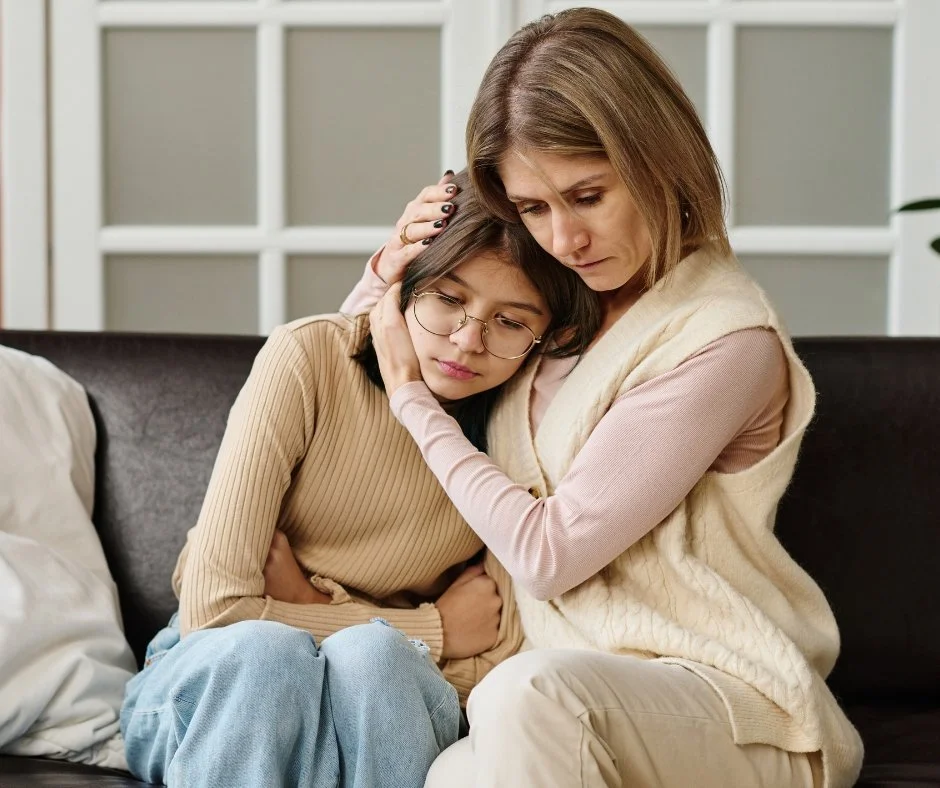
Institute for Human Services Training Opportunities
Since 1977, we have provided training for social workers, counselors, psychologists and other helping professionals just like you.
Trainings
Click on the trainings below for additional information. Please note all trainings are FREE with CE's offered for a small fee.
Events
For Policy Related Events, visit Child Maltreatment Policy Resource Center
Upcoming Trainings
The Institute for Human Services (IHS) is approved by ASWB (Social Worker) to offer CE credits.
Institute for Human Services, provider #1802, is approved as an ACE provider to offer social work continuing education by the Association of Social Work Boards (ASWB) Approved Continuing Education (ACE) program. Regulatory boards are the final authority on courses accepted for continuing education credit. ACE provider approval period: 03/25/2023 – 03/25/2026.
Please note, in order to receive a training certificate you must attend the entire training, remain on camera, and complete a course evaluation.
FAQ: Does my State or Province accept ASWB ACE Continuing Education? Click here to find out (Please note that ASWB Ace CE's are not accepted in NY)
Questions? Email training@ihs-trainet.com or contact our office at 614-251-6000 Monday through Friday between 8 a.m. and 4 p.m. EDT.
If you need additional accessibility supports, please contact us in advance of the training to make necessary arrangements.
Learn more about our Continuing Education, Evaluation, and Technology Requirements






